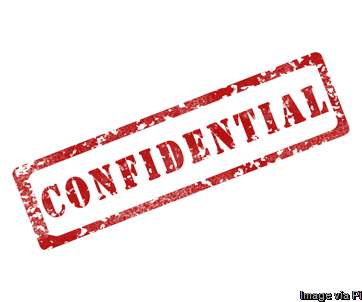6 Guidelines For How And When To Use Non-Disclosures
Startup Professionals Musings
OCTOBER 15, 2023
Most entrepreneurs I meet are reluctant to disclose anything about their idea to investors before getting a signed confidential disclosure agreement (CDA). Professional investors and advisors, on the other hand, usually refuse to sign these agreements today due to the risk of litigation and administrative workload, and will walk away.




















Let's personalize your content